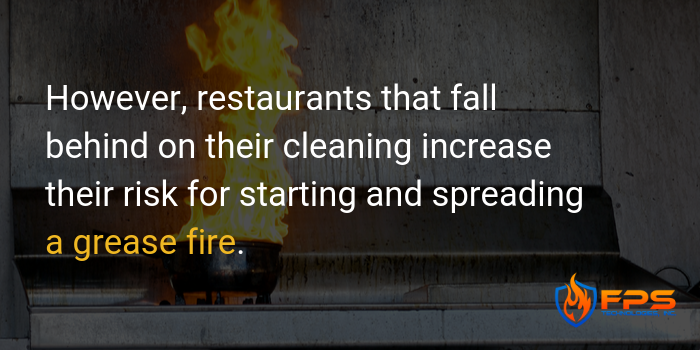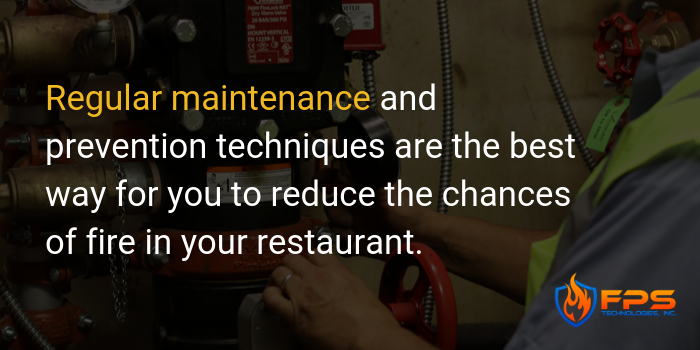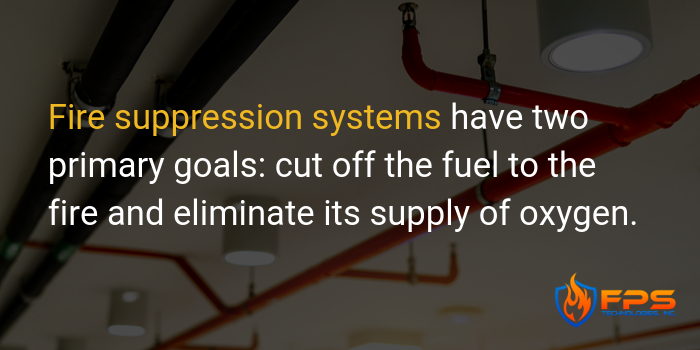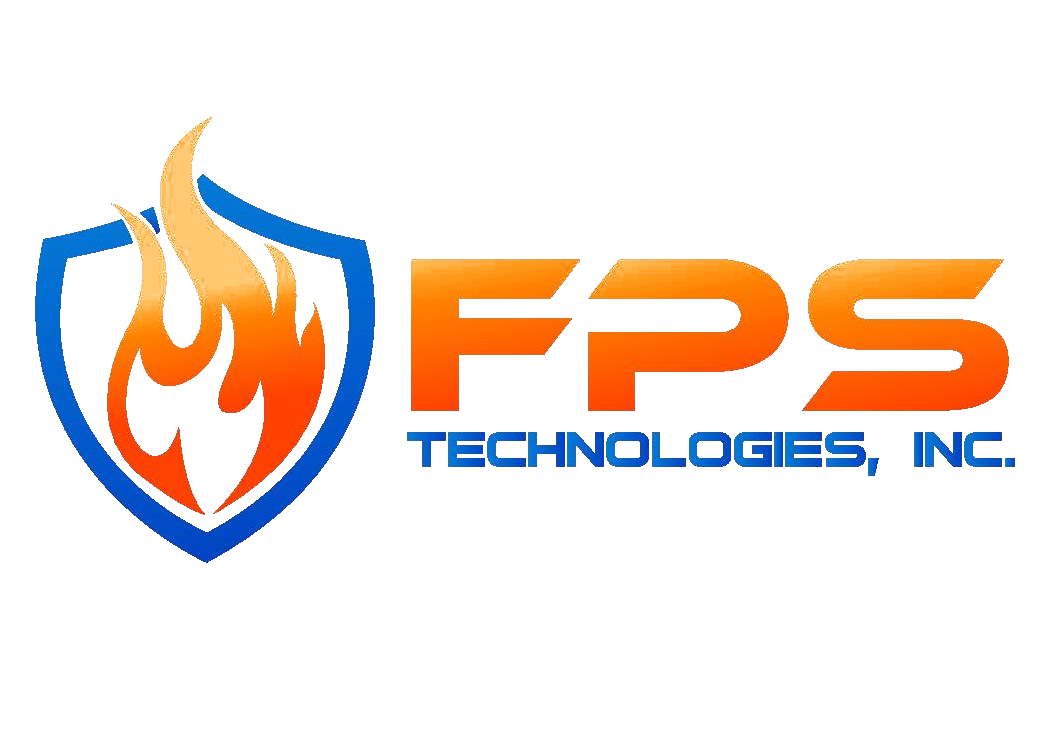According to the National Fire Protection Agency, eating and drinking establishments sustain an average of $165 million of damage from fires annually.
Restaurants have a high risk of fires because they’re full of large ovens, stoves, refrigeration units, and ventilation motors. They also have flammable materials like cooking oils and alcohol on the premises.
If you own a restaurant, there are several steps that you can take to protect your business. Prevention measures may seem expensive, but they’re much more affordable than rebuilding after a fire. In this article, you’ll learn the most effective ways to reduce your restaurant’s risk of fire.
Causes of Restaurant Fires
Like restaurants, most houses have ovens, refrigerators, and cooking oils. So, why are restaurants so much more prone to fires?
Restaurants face all of the same fire dangers as any other building, plus their own unique set of hazards.
1. Ductwork and Exhaust Systems
As food cooks, it often splatters grease particles into the air. A restaurant’s exhaust system pulls smoke and vapors produced during normal cooking out of the kitchen. The air may be laden with oil particles that build up inside the exhaust system and ducts.
Grease is highly flammable, so fires that reach the duct system can spread through the entire building quickly.
2. Grease Traps
Restaurants are required by law to use underground grease traps to prevent their grease from going down the drain and clogging city sewers. Large restaurants should clean their grease traps at least four times each year, and smaller restaurants twice per year. However, restaurants that fall behind on their cleaning increase their risk for starting and spreading a grease fire.

3. Gas Leaks
Many restaurants use gas ovens and stoves, which creates the potential for gas leaks and devastating explosions. As equipment ages, it’s more prone to leak gas into the air. As gas accumulates, something as simple as turning on a light or striking a match can ignite the vapors and cause an explosion.
The kitchen staff should turn off equipment and call for immediate help if they notice the smell of natural gas in the kitchen. If the stove’s flames are yellow and orange rather than blue, or if the oven’s pilot light is out frequently, they should call for help. A weak supply of gas to the oven and stove is a signal that gas is leaking rather than reaching its destination.
4. Old Electrical Wiring
As restaurants upgrade to new equipment or add additional appliances, they should consult an electrician. Their current electrical setup may not be able to handle the greater energy demand of the new appliances. Working old wiring too hard can cause a fire from sparks or ground faults.
Why Restaurants Need a Fire Prevention System
Fast facts about restaurant fires from the National Fire Protection Agency:
- Cooking equipment is responsible for causing 61% of restaurant fires.
- 68% of fires are small and don’t spread beyond the place of origin*.
- Failure to maintain a clean kitchen is a factor in 22% of fires.
*Fire suppression systems are instrumental in containing fires to their place of origin.
There’s an average of 5600 restaurant fires in the US each year. Regular maintenance and prevention techniques are the best way for you to reduce the chances of fire in your restaurant.
Regular in-house cleaning by your employees plus in-depth professional cleanings can greatly reduce your risk of grease fires reaching your ducts and spreading through the building. Maintaining your ovens and gas mains will help prevent gas leaks and explosions.
Fire suppression systems are another great way to stop fires from spreading. As a bonus, many insurance companies offer a discount on your building’s premium if you have a fire suppression system in your kitchen.
How Do Kitchen Suppression Systems Work?
Fires need oxygen and fuel to survive, so fire suppression systems have two primary goals: cut off the fuel to the fire and eliminate its supply of oxygen.
Most kitchen suppression systems connect to an appliance’s ventilation and its gas line. When the system detects a fire, it immediately cuts off the gas supply to slow the fire’s spread.
The second component of the suppression system is a set of nozzles mounted in the hood or ventilation system. The nozzles spray a chemical directly onto the fire, smothering it. With no oxygen, the fire will go out
Extinguished fires create smoke, so often a ventilation system kicks on to pull smoke out of the kitchen. A good system will also have a manual ‘ON’ switch so that kitchen staff can activate the system even if the detection component fails.
Fire suppression systems work quickly and keep the mess contained to a single area. In many cases, none of the other food in the kitchen is affected, and business proceeds as usual. Often, restaurant patrons won’t even know that there was a small fire in the kitchen because the suppression system worked so seamlessly.
Which Restaurants Should Have Suppression Systems?
If your restaurant has a cooking appliance, then it should have a suppression system. Installation companies like FPS Technologies can customize your suppression system to the exact size and layout of your kitchen, no matter how large or small. Any appliance in your kitchen, from stoves to fryers, is a candidate for a suppression system.
Once your system is operational, you can schedule regular maintenance with FPS. Our inspectors check that the chemical nozzles are pointed correctly, that the chemical cartridge cylinders are in good shape, and that the manual pull station is functioning in case the automatic sensors fail.
Your business is an investment, so you should take smart steps to protect it. Fire suppression systems may seem expensive upfront, but they’re much less costly than repairing fire and smoke damage. They also keep your employees and customers safe from fire.
If you have questions about protecting your restaurant with a fire suppression system, contact FPS Technologies.


